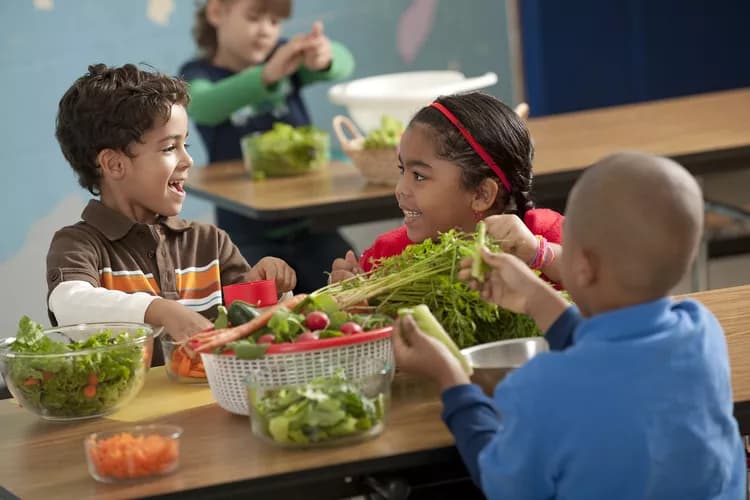
Psychological Impacts Of Natural Disasters On Youth
Children's mental state plays an important factor in their developmental growth. After recent storms devastated parts of the U.S. -- Hurricane Harvey in Texas, Hurricane Irma in Florida and the Caribbean and Hurricane Maria in Puerto Rico -- all contributing to massive evacuations of children and families, which children need more attention or support services in the aftermath of these storms and the related stressors that come with surviving and witnessing the destructive power of a Category 4 or 5 hurricane?
Distinguished Professor of Psychology and Pediatrics at the University of Miami, Annette M. La Greca, is fully aware of children's reaction to trauma. Her research focuses on the impact of disasters on youth since Hurricane Andrew struck South Florida in 1992.
La Greca, in collaboration with her UM graduate student, BreAnne Danzi, has been evaluating how best to define post-traumatic stress disorder (PTSD) in children. This line of research will help to quickly identify the children who need support services post-disaster. La Greca's research has also identified key aspects of the post-disaster environment that facilitate children's recovery.
"The good news is that most children are resilient, even after a very devastating storm," said La Greca. However, children have different ways of expressing distress than adults.
In a paper entitled, "Optimizing clinical thresholds for PTSD: Extending the DSM-5 preschool criteria to school-age children," recently published in the International Journal of Clinical and Health Psychology, La Greca and Danzi examined how well the "preschool" definition of PTSD identifies school-aged children with significant distress after a major hurricane.
According to the study, 327 children (ages 7-11) from six elementary schools in Galveston, Texas, which were directly in the path of Hurricane Ike, a Category 2 storm that made landfall in September 2008, participated. They found that the preschool definition of PTSD identifies more distressed children than the typical "adult-based" definition. Thus, the preschool definition may be useful when screening elementary school-age children (ages 7-11) for PTSD-risk.
Additional research by La Greca and colleagues also found that two-thirds of children who are initially distressed after a disaster recover naturally over the course of the school year. Children who recover report having more social support from friends and family, fewer life stressors in the disaster's aftermath and more positive coping skills than those who remain chronically distressed.
"We now know from research that some children who endured a stressful evacuation or experienced scary or life-threatening events during the storm are at risk for a poor recovery over time," she said. "Children who need extra support include those who report feeling anxious or depressed, as well as stressed, and who lack social support from friends and family. They also have multiple stressors to deal with after the storm. All of those factors contribute to poor recovery and less resilience."
Based on these findings, La Greca and colleagues developed a workbook, After the Storm, for parents to help their children cope after a hurricane (available for a free download at http://www.7-dippity.com/other/op_storm.html). The guide has been widely used after Hurricanes Katrina, Rita and Ike.
The workbook addresses ways to help most children recover, such as having a normal routine, staying connected to friends and family, eating healthy, exercising, resuming leisure activities, proper sleep and avoiding media or online coverage of aftermath damage and distress. La Greca added that helping others in need and identifying things to be grateful for can also help to maintain a positive perspective.
"There is no doubt that hurricanes and other extreme weather events can be stressful for children and for adults," said La Greca. "But as with many stressful experiences, a little extra support can go a long way."
Materials provided by University of Miami. Note: Content may be edited for style and length.
Disclaimer: DoveMed is not responsible for the accuracy of the adapted version of news releases posted to DoveMed by contributing universities and institutions.
References:
BreAnne A. Danzi, Annette M. La Greca. (2017). Optimizing clinical thresholds for PTSD: Extending the DSM-5 preschool criteria to school-age children. International Journal of Clinical and Health Psychology. DOI: 10.1016/j.ijchp.2017.07.001
Related Articles
Test Your Knowledge
Asked by users
Related Centers
Related Specialties
Related Physicians
Related Procedures
Related Resources
Join DoveHubs
and connect with fellow professionals

0 Comments
Please log in to post a comment.